
Lung Cancer
Latest News

Precision Medicine Umbrella Trial Expands to Include All NSCLC Patients
Latest Videos

CME Content
More News

Researchers investigated whether first-line chemotherapy improved overall survival in NSCLC patients with severe to very severe COPD.

Researchers evaluated the survival benefit of adding pembrolizumab to chemotherapy with carboplatin plus paclitaxel or nab–paclitaxel compared with chemotherapy alone.
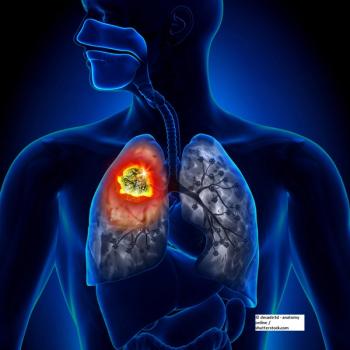
The long-term results from an analysis of two phase II studies confirmed the role of osimertinib in the treatment of T790M mutation–positive advanced non–small-cell lung cancer.

Researchers found that patients with stage I/II lung cancer have relatively long-term survival when treated with chemoradiotherapy, calling into question the practice of combining these patients with stage III patients.
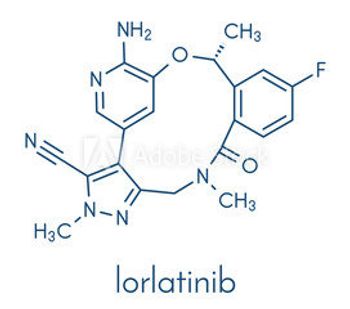
In this phase II trial, researchers tested the efficacy of lorlatinib in six expansion cohorts of NSCLC patients based on ALK mutation status and prior treatment.
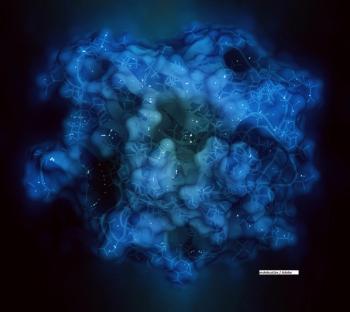
This trial looked at the efficacy of nivolumab in a cohort of patients who were evaluated for KRAS mutations to test whether mutation status had an effect on outcomes.

The ABOUND.2L+ trial tested the combination of nab-paclitaxel and CC-486 vs single-agent nab-paclitaxel in patients with advanced NSCLC.

This article discusses ways in which the oncologist can incorporate value into the management of patients with lung cancer and comply with the underlying principles of the Choose Wisely Campaign, as well as recent ASCO and ESMO initiatives, to bend the cost curve downwards while maintaining efficacy.

Experts discuss the implications of research that found PCI reduces brain metastases in stage III NSCLC, but does not improve overall survival.

Researchers reported on differences in overall survival for LCT vs maintenance therapy/observation in oligometastatic NSCLC.

Many lung cancer patients may be unaware of the potential benefits of exercise.
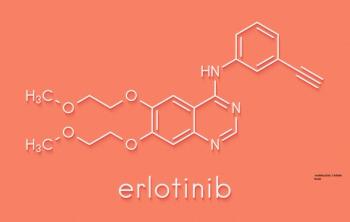
Previous research showed that gefitinib can improve DFS in certain NSCLC patients, raising the possibility that EGFR-targeted TKIs could be beneficial in the neoadjuvant setting.
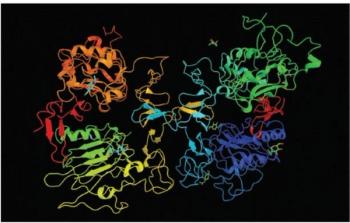
Due to the high rate of EGFR T790M mutations seen in NSCLC patients, the thoracic tumor board recommends genomic testing for this alteration; read our case of a 69-year-old woman with metastatic disease.
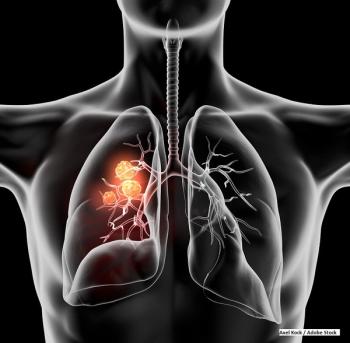
Avelumab did not improve overall survival compared with docetaxel in patients with PD-L1–positive non–small-cell lung cancer.

A study shows NSCLC patients who undergo minimally invasive procedures are less likely to use opioids long-term.
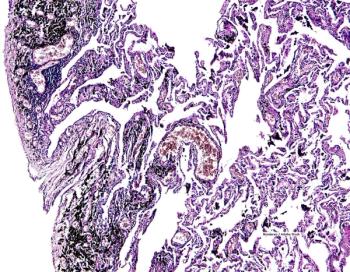
In recent years, advances in the molecular analysis of tumors and pathologic investigation have improved understanding of an ambit of lung cancer types.
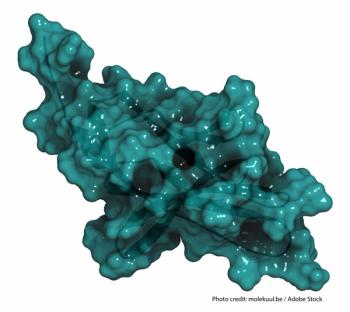
Four or more biopsies proffer little additional benefit, found a study presented at the IASLC 19th World Conference on Lung Cancer.
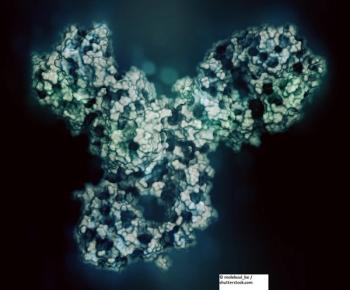
Pembrolizumab plus chemotherapy failed to improve survival compared with pembrolizumab alone in patients with non–small-cell lung cancer.

Two presentations at the IASLC WCLC 2018 discussed the evidence on treating breathlessness with pharmacologic vs nonpharmacologic therapy.
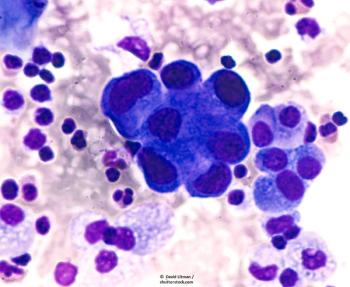
A study shows hyperprogressive disease (HPD) occurred more commonly among patients with pretreated non-small cell lung cancer (NSCLC) receiving PD-1/PD-L1 inhibitors.

ONCOLOGY spoke with Eric Ko, MD, PhD, who recently published a review article with his colleagues on strategies for combining radiation therapy with immunotherapy for the treatment of non–small-cell lung cancer.
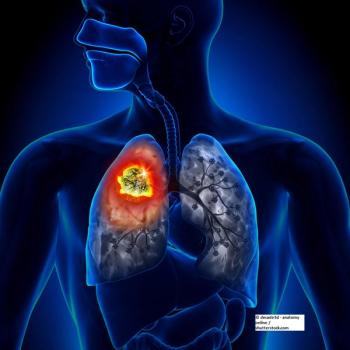
A new study suggests that the cytokine CXCL12 could be useful as a prognostic biomarker in patients with neuroendocrine tumors of the lung.

Taking corticosteroids at the time of treatment initiation with PD-L1 inhibitors may lead to inferior outcomes in patients with non–small-cell lung cancer.

Low-dose CT screening for lung cancer is recommended for certain individuals, but two new studies highlight some of the limitations and growing pains of a screening program.
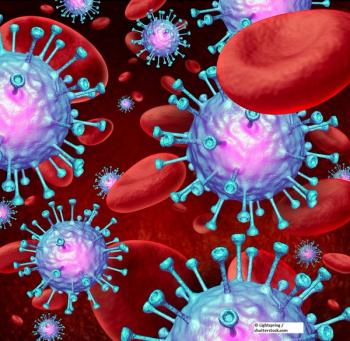
Patients treated with anti–PD-1 or anti–PD-L1 inhibitors in clinical trials were successfully retreated with the inhibitors after discontinuing the treatment.













































